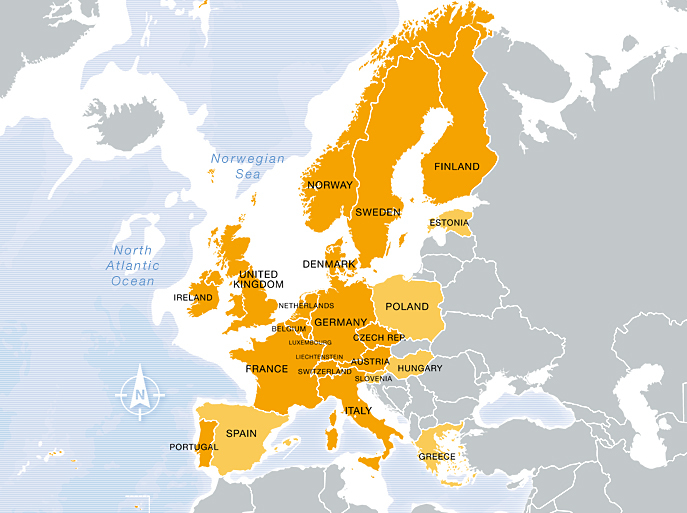

BYPAD AUDIT FOR THE DEVELOPMENT OF BICYCLE TRAFFIC
Those, who are interested in bicycle traffic, frequently raise the following questions to themselves and to each other
- What are the bicycle traffic policies in the particular town, or region?
- Are the developments attractive and effective?
- How could the system be further developed, etc. ?
BYPAD audit is an effective tool to answer these questions. Its base system was worked out by a consortium of international experts in the 90s within the frame of an EU supported project. After extension of EU with new members in 2004, this methodology was further developed based on the experiences until then, and also adapted to other countries that joined the program (Spain, Greece, Hungary, Estonia, and Poland). The Belgian coordinating company, Vectris has appointed Pro Urbe Kft. to coordinate execution in Hungary.

This meant participation in auditor training program, advertising the program and auditing towns and regions that intended to join the program. Currently there are 21 countries, 18 regions and more than 100 towns and cities in Europe that audited their bicycle policies and executes further developments based on the audit results. One of these is the Municipality of Paks, where audit was successfully accomplished in 2009 with the management of Pro Urbe Kft.
The most important elements and advantages of the audit are as follows: during an interview the current state is discovered and its status is defined. Part of this interview is a detailed questionnaire based on preliminary studies, adapted on the location and built up according to international standards that consists of 9 chapters and is filled out by local politicians, school directors, representatives of civil and cyclist organizations, traffic safety experts of local police department, etc. A neutral auditor is involved as moderator into the common evaluation of the questionnaire and the discussion of different interests and aspects. Every participant in the procedure shall be active and independent. This method is particularly beneficial for considering civil and cyclist organizations aspects. Participants shall define together the most important bicycle traffic policy objectives for the following years. After completing a BYPAD audit the town or region becomes part of the BYPAD network, which is recognized by a certificate. This certifies that political decision makers, administrative organizations and civil inhabitants are committed to sustainable development. EU supports projects only if their benefit is confirmed by long term concepts. Completing BYPAD audit any town or region can prove his conformity to this directive, thus becoming into a preferred status at evaluation of bicycle related tenders.

